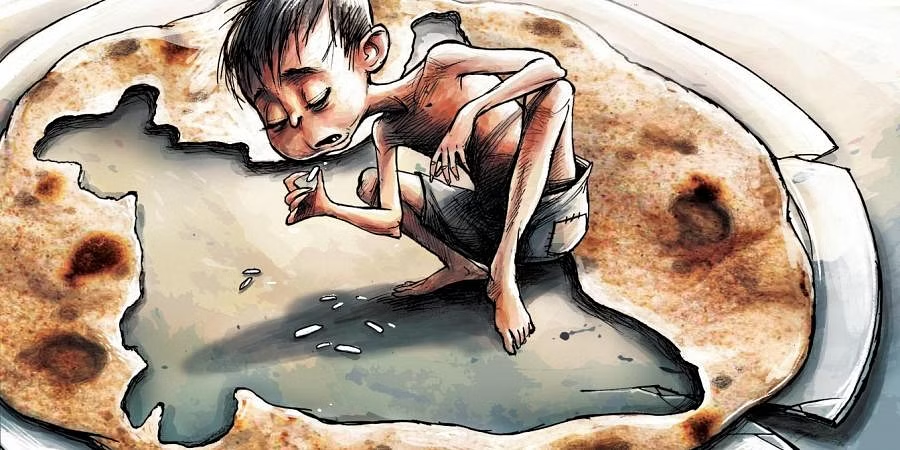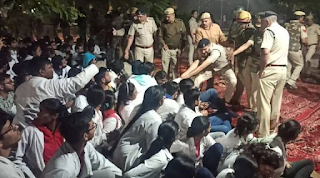Baby steps for tackling India’s malnutrition woes

By Dr K Srinath Reddy A mix of dismay and debate has been the reaction to the persistently high rates of childhood undernutrition reported by the last National Family Health Survey. Dismay because the reported prevalence of 35.5% stunting, 32.1% underweight and 19.3% wasting in children under five years of age does not bode well for their present and future health or cognitive development. The debate centres around the question of whether the global standards by which these metrics are defined, are applicable to Indian children. Another area of concern is whether such children will be harmed by supplementary feeding because it may make them stunted and obese as an unintended consequence. Undernourished children are highly susceptible to serious infections because of poor immunity. They are physically inactive because of low muscle mass and reduced lung capacity. They suffer cognitive impairment, which diminishes their potential for education and employment. This ...


